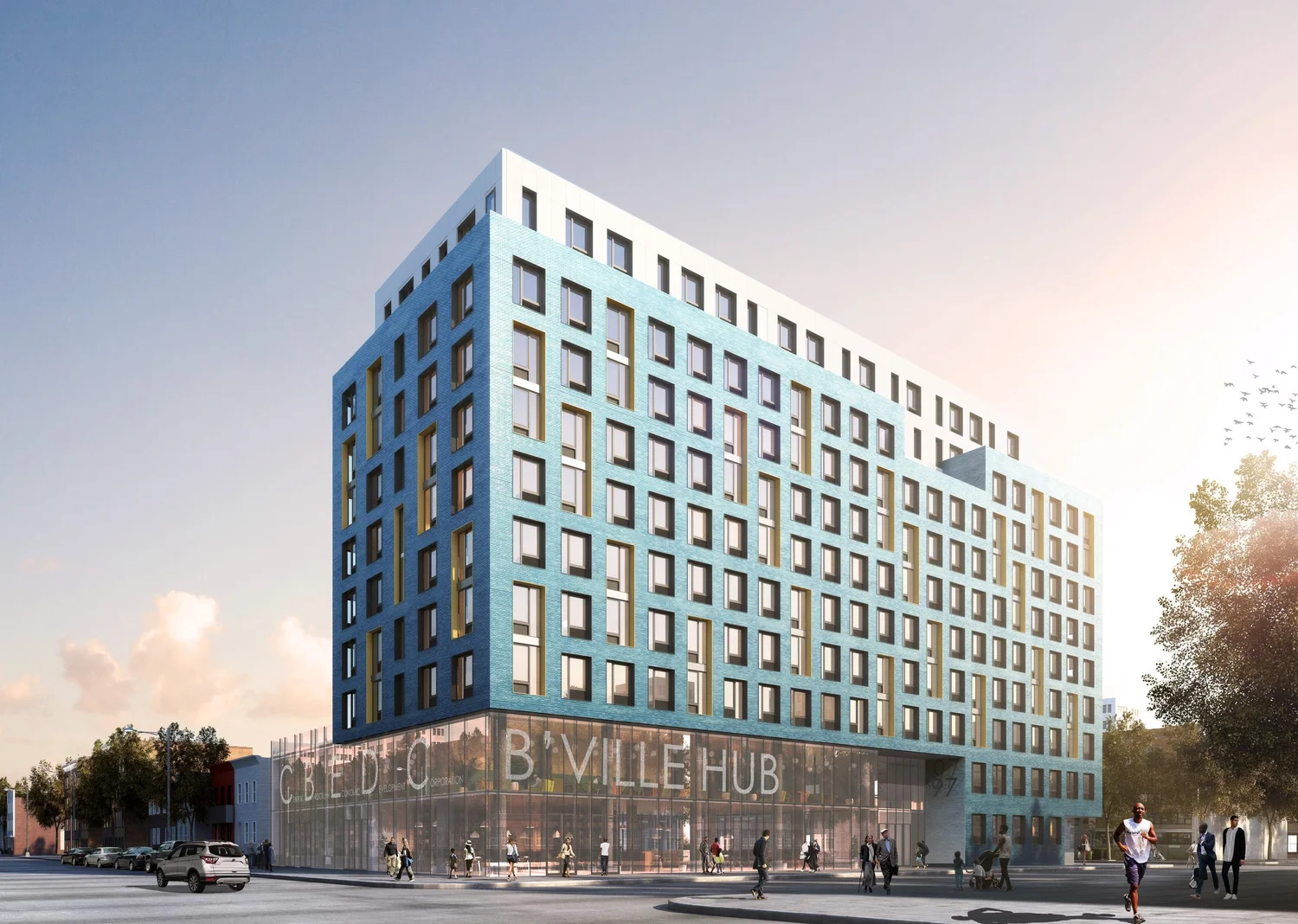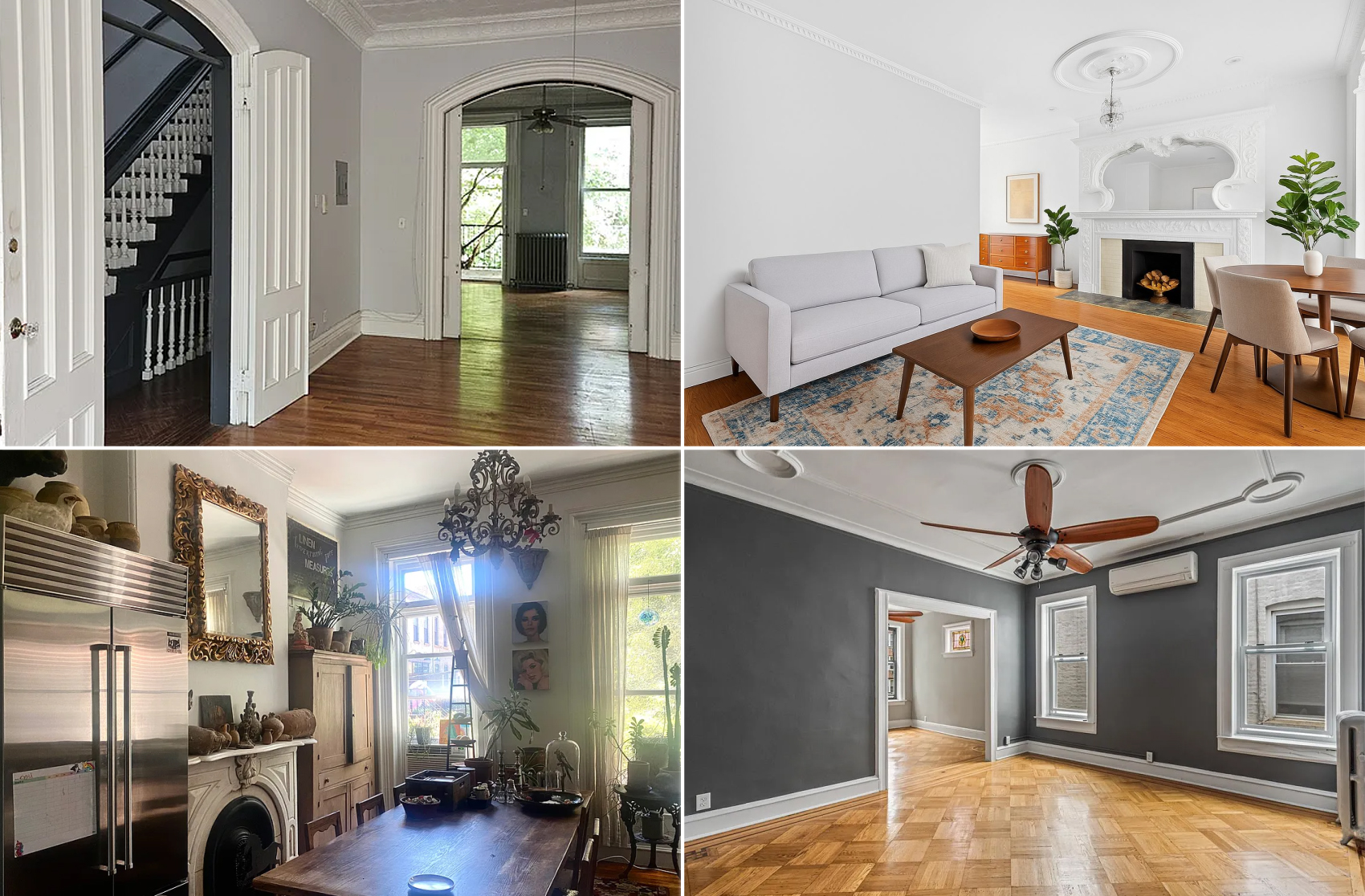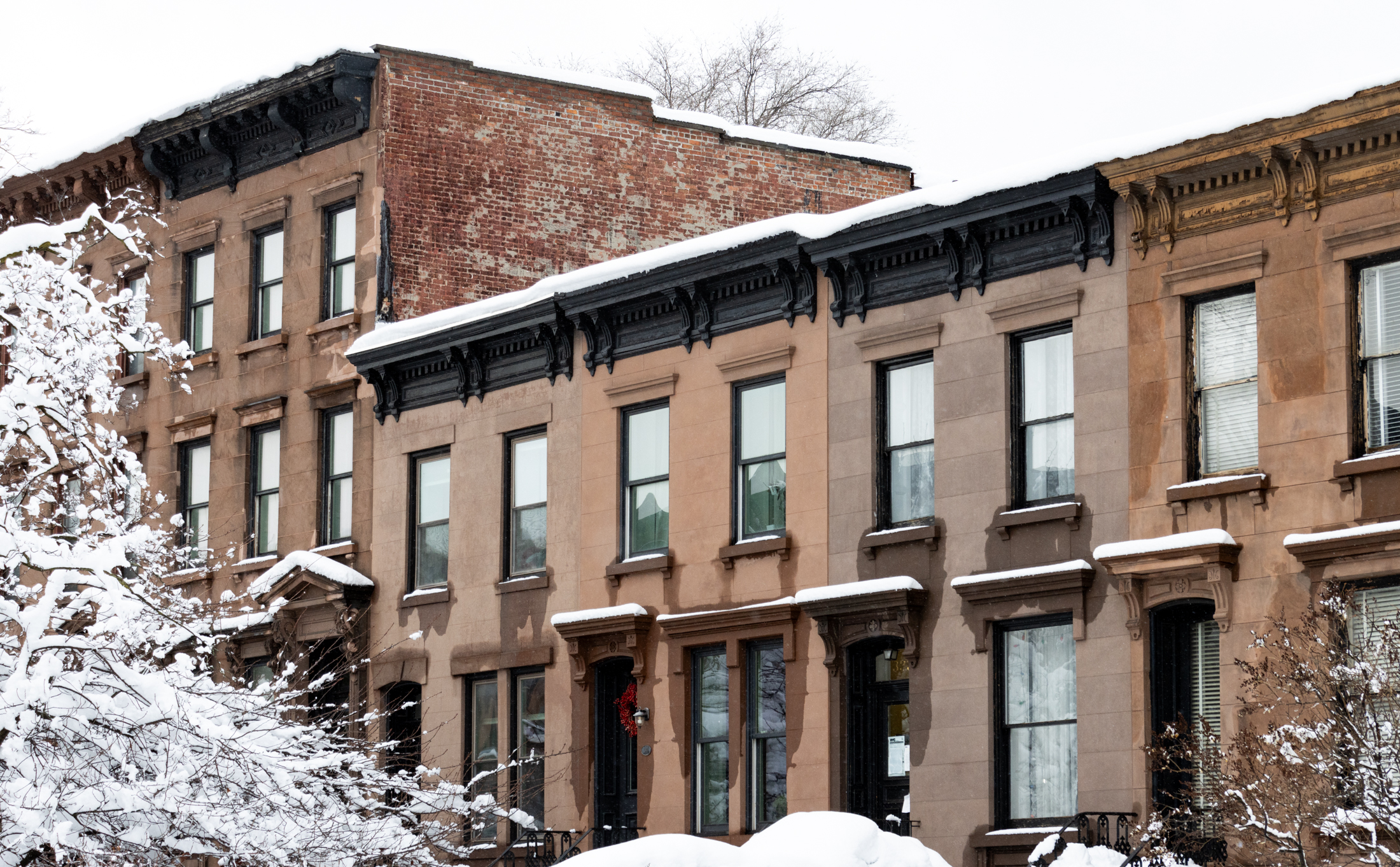Co-op of the Day: 1719 Avenue H, #A3
This FSBO at 1710 Avenue H in Ditmas Park has a nice feel to it and feels like a decent value. The two-bedroom, two-bathroom apartment has 1,200 square feet, attractive prewar details and a reasonable maintenance of $1,160. Add to that a recently renovated kitchen and the asking price of $355,000 sounds pretty good to…


This FSBO at 1710 Avenue H in Ditmas Park has a nice feel to it and feels like a decent value. The two-bedroom, two-bathroom apartment has 1,200 square feet, attractive prewar details and a reasonable maintenance of $1,160. Add to that a recently renovated kitchen and the asking price of $355,000 sounds pretty good to us.
1719 Avenue H, #A3 [FSBO] GMAP P*Shark





No revelation, smarta##.
It was a reminder that people need to compare apples to apples, as they say. You’d be lucky to find a walk-up with no staff of this size with maintenance in the range people think it “should” be for this apartment. You won’t find it for an apartment of this type, with elevators and staff.
Also, multiple expensives for coops have gone up a lot in the past few years, so many have had to raise maintenance. You generally won’t find now what you would have found 4 or 5 years ago in maintenance costs.
your get what you pay for. Naturally if you live in a walk-up with no full-time staff you will pay less than in a luxury building. Is this some kind of revelation?
When it comes to maintenance, buildings come in two forms. Walk-ups with no elevator and doorman or staff often have way cheaper maintenance (not always, but often) than this sort of building – that comes with elevators to maintain and staff to pay.
$1 per square foot is not excessive in the latter sort of building, but it is higher than can be found in some other builings of its type.
In any building, you really have to look closely at what the maintenance covers (some costs cannot really be changed easily, or at all – like taxes and utilities), others can be affected by management (intelligent hiring of repair contractors), at how much repair is currently needed, and at how much is in the reserve fund. Quite often, a higher maintenance will be reflected in a lower selling price than for a comparable apartment. Some people prefer to pay less and live in a poorly maintained building; others can and prefer to pay more to live in a well-maintained building.
Also, for small coops, paying off the mortgage is a fine choice – there’s no reason to have a mortgage if you don’t need one – and small buildings often choose to do this when the mortgage has fully self-amortized. Of course, in really small buildings, they are all in on the decision-making, and are doing what they all want to do.
“Nice layout”
Am I missing a floor plan?
A coop should always be in the process of paying down its mortgage. It should never pay it off completely. The underlying mortgage is a great tool that well-run coops use to finance capital improvements. And no building is ever finished with capital improvements. Condos have to assess, which is more painful and offer no tax advantage. An underlying mortgage is not like a personal mortgage. Most people don’t get that.
Minard;
I think we are saying the same thing. I’m talking about a capital repalcement and improvement budget as a planning tool (to estimate how much capital you should be accumulating), not as a time-table.
Low(er) maintenance does not mean the building is not run well. It could mean that the underlying mortgage is paid off, that there is not a large (or any) building staff, that the building did not make bad financial decisions such as refinancing with a high interest rate, etc. etc. Many buildings with high maintenance have been historically mismanaged which is why current owners are paying high maintenance. Some buildings with high maintenance are very well run and have amazing amenities. Every building is different. If somebody wants to pay $3000 a month to live in what is clearly a nice apartment on Avenue H priced reasonably but with what appears without more information as untenable maintenance, then it’s a free country.
Benson, that is good to know even though I don’t know what all those words mean. I think I could say them like I do.
benson, I disagree with you. Most professional building managers and attorneys advise coop boards not to have a capital replacement budget. A coop is better off dealing with issues in a more flexible manner. Capital improvement budgets are more trouble than they are worth. Often things last longer than anticipated or vice-versa. If you plan to replace the parapet in three years but cracks appear and leaks begin this year, some crank can sue the coop for doing the work prior to its predetermined time frame. No one can truly predict when a piece of machinery will break or a bulge appear on brickwork.
A Savvy board has money set aside for capital improvements but no time table.